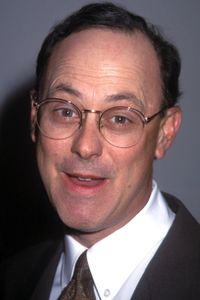Michael's educational journey began in New York, where he attended school before enrolling in a creative writing course. The professor of this course, who was known for being quite harsh, would often tear up his students' writing, leaving them feeling broken-hearted. Despite this, Michael's passion for writing only grew stronger, and he eventually decided to pursue a career in journalism. He went on to win two Emmys for his work as a news producer.
After a few years, Michael returned to New York, where he was inspired by a production of "A Chorus Line" to revisit his writing aspirations. He eventually relocated to Los Angeles, where he began working as a censor for CBS in the late 1970s. During this time, he started writing spec scripts for various TV series, including "Simon & Simon" and "Cagney & Lacey," before landing a role as a producer on "Simon & Simon."
Michael continued to work his way up the producer ranks, jumping from series to series before being approached by his long-time friend Maurice Hurley to work on "Star Trek: The Next Generation." He wrote a few episodes for season three before becoming a full-fledged executive producer.
In 1992, Michael, along with Rick Berman, created "Star Trek: Deep Space Nine," which ran for two seasons. After its conclusion, Paramount called him back to create a new series, which became "Star Trek: Voyager." Michael oversaw the writing, casting, and budget for the show before leaving in 1996, after nine years of working in the Star Trek franchise.
In 1996, Michael created the critically acclaimed but ill-fated western series "Legend," starring Richard Dean Anderson and John de Lancie, for UPN. He also successfully sold his first feature film script, "Oversight," which has yet to be produced. The same year, he co-wrote "Star Trek: Insurrection" with Rick Berman, which was released in 1998.
Michael's most successful post-Trek project was developing the Stephen King property "The Dead Zone" along with his son Shawn Piller for television. Unfortunately, Michael passed away on November 2, 2005, after a battle with cancer.



























